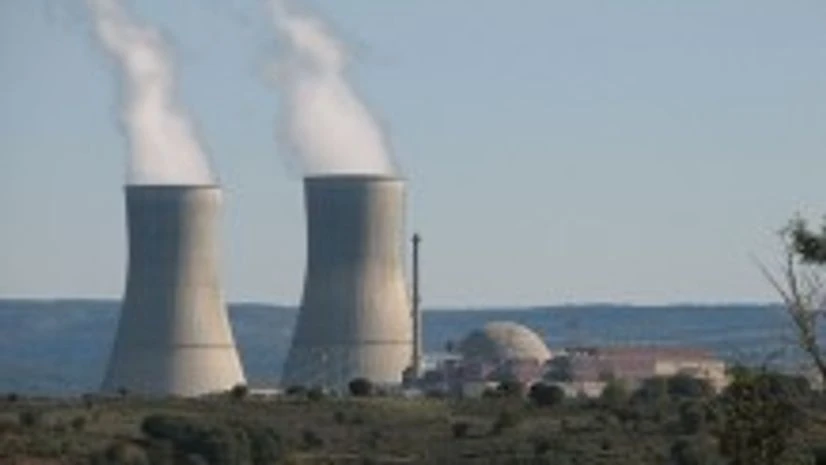Japan is to start the process of switching off its last working nuclear reactor today for a scheduled inspection with no restart in sight due to public hostility towards atomic power.
The move will leave the world's third largest economy without atomic energy for the second time since the Fukushima crisis erupted in March 2011.
Prime Minister Shinzo Abe has openly supported the use of nuclear energy, but the public has remained largely opposed to it for fears of possible serious accidents following the world's worst atomic disaster since Chernobyl in 1986.
Also Read
Kansai Electric Power will gradually take offline the No 4 reactor at its Oi nuclear plant in Fukui prefecture in western Japan.
The work is scheduled to start today evening, with the reactor expected to stop power generation after several hours before coming to a complete stop tomorrow, according to the utility.
Japan previously was without any nuclear energy in May 2012, when all of the country's 50 commercial reactors had stopped for scheduled checkups, with utilities unable to restart them due to public opposition.
It was the first time in more than four decades that Japan was without nuclear power.
Last year, government officials and utilities voiced concerns that Japan could experience major blackouts without nuclear power, particularly in the western region that relied heavily on nuclear energy.
Their fears proved to be unfounded but the government quickly gave approval for Kansai Electric to restart No 3 and No 4 reactors at the Oi plant, arguing that nuclear energy was necessary to meet increased electricity demand during the winter.
The two reactors came fully online in August 2012, while other reactors have remained idled all along.
Japan has turned to pricey fossil-fuel alternatives to fill the gap left by the shutdown of atomic plants, which had supplied about one-third of the resource-poor nation's electricity before the Fukushima disaster.
Utilities have raised power fees to cover increased fuel costs for thermal plants while reactors remain offline.
Radiation was spread over homes and farmland in a large area of northern Japan when the massive tsunami swamped cooling systems at Fukushima Daiichi on March 11, 2011.
No one is officially recorded as having died as a direct result of the meltdowns at Fukushima, but tens of thousands of people were evacuated and many remain so, with some areas expected to be uninhabitable for decades.

)
